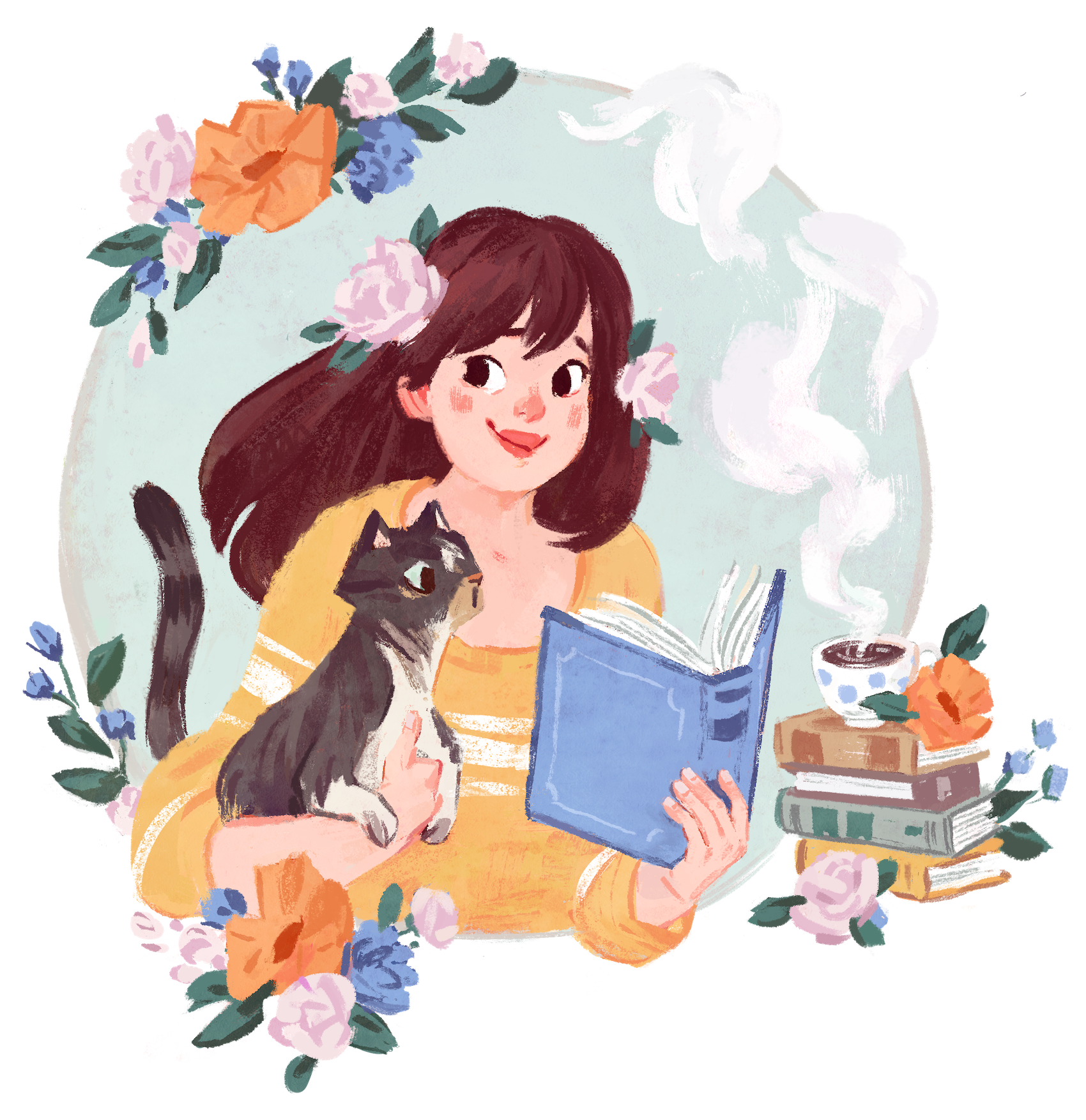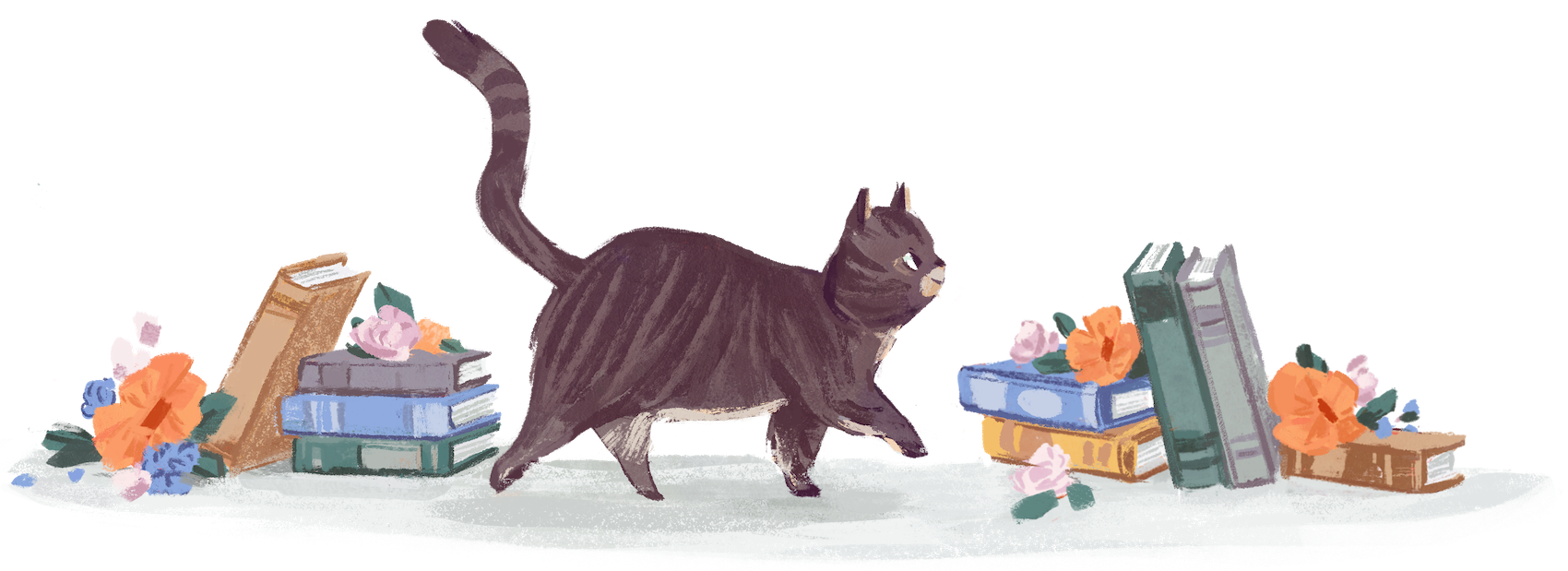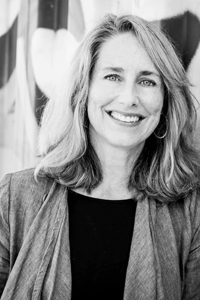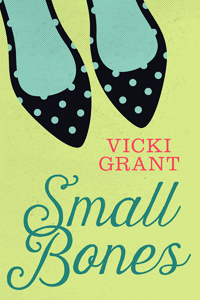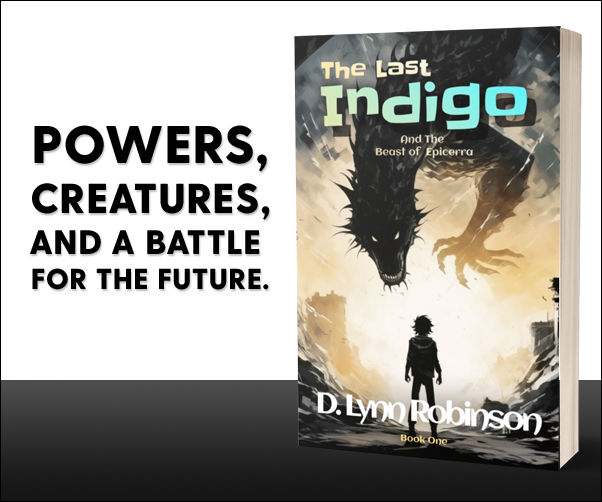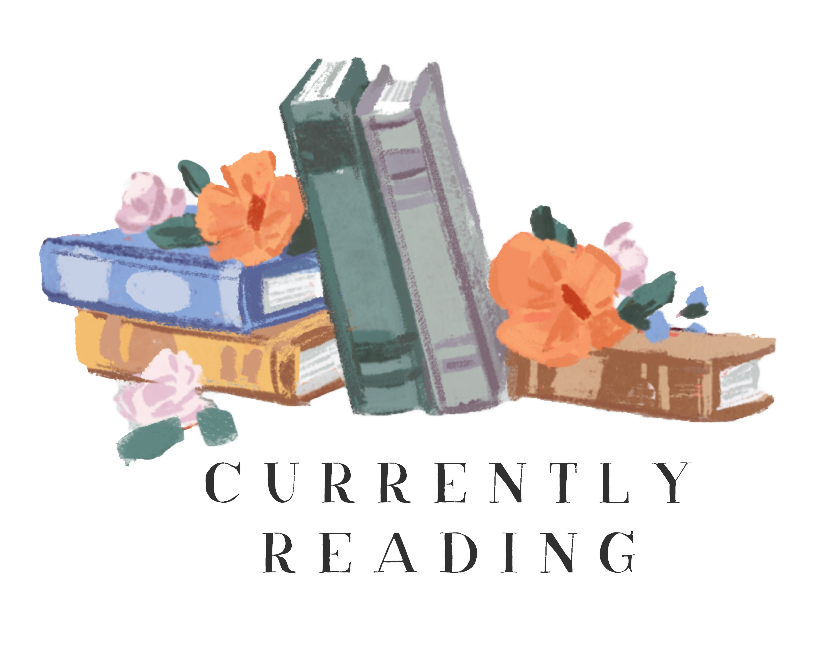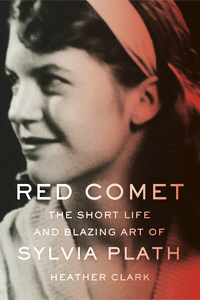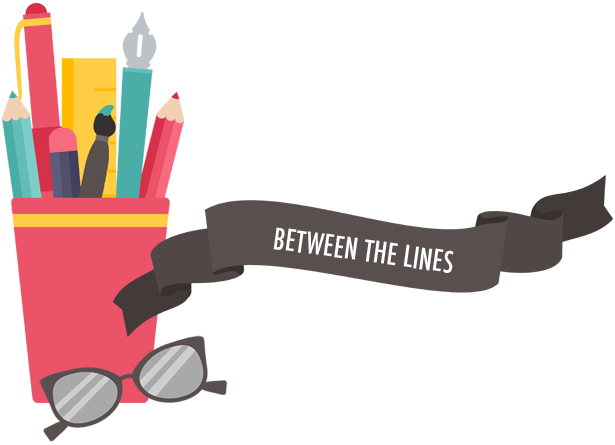
Between The Lines is a sporadic feature on Pop! Goes The Reader in which authors and other industry professionals provide further insight into the writing and publishing process, whether it be in the form of interviews, guest posts, etc. So, sit back, relax, and enjoy as we read between the lines.
It’s long been a goal of mine to use Pop! Goes The Reader as a platform to highlight some of the truly wonderful literature being written and published in Canada, and I’m so pleased that this interview with Canadian author Vicki Grant will allow me the opportunity to do just that. More specifically, today we’ll be talking a little about a fantastic new series, Secrets, brought to readers by Orca Book Publishers. Secrets is a series of seven interconnected stories published concurrently by seven different authors – Kelley Armstrong, Vicki Grant, Marthe Jocelyn, Kathy Kacer, Norah McClintock, Teresa Toten and Eric Walters. In it, readers are able to follow the lives of seven girls, each of whom was once a resident of the Benevolent Home For Necessitous Girls before a unexpected fire and the home’s destruction threatens everything they once knew and held dear. While each girl subsequently follows a very different path, they all have one thing in common: Each are desperate to discover the truth about their origins and will stop at nothing to do so.
One of the reasons this series is so exciting – and important – is because of the diversity of perspective and experience it provides. A Big Dose of Lucky by Marthe Jocelyn features a mixed race heroine who teams up with an aboriginal boy in order to uncover the secrets of her past. Stones On A Grave by Kathy Kacer features a Jewish heroine who travels to Germany on a quest to explore her heritage and discover the truth about her parentage. My Life Before Me by Norah McClintock features a heroine who is a passionate, aspiring journalist thrust into a maelstrom of racial tension, conspiracy and corruption as the novel delves into the civil rights movement in Orrenstown, Indiana. This is merely a small sampling of the rich wealth of diverse content this series provides. Today, Vicki Grant, author of Small Bones, another instalment in the series, has graciously agreed to sit down with me to answer some of my questions about her novel, her writing process, and this endlessly fascinating new series.
To learn more about the Secrets series, please visit www.http://readthesecrets.com!

About Vicki Grant
Vicki Grant was born in Halifax, Nova Scotia. She studied at the Nova Scotia College of Art and Design (now NSCAD University), Dalhousie University, and Laval University. After graduation, Grant worked as an advertising copywriter in Toronto until the mid-1990s when she began writing for children’s television. For the CBC, she created “Scoop & Doozie”, a comedy series for pre-schoolers. Grant lives in Halifax.

1. Small Bones is one instalment in a seven book series of interconnected stories, each penned by a different author and published simultaneously. How did you become involved in this project?
The exact details are lost in the mists of time but, as I recall, Eric Walters phoned me. He didn’t make it through his introductory sentence before I’d said yes. I knew immediately that Secrets would be a hit and that I wanted to be a part of it.
2. You’ve published over ten novels throughout your career thus far. How did the creation of Small Bones compare or differ from your past experiences?
I’m not usually terrified when I sit down to write. This time, the whole early writing period felt a bit like those classic anxiety dreams in which you find yourself about to go on stage with Beyonce and you realize A) you can’t sing and B) you’ve forgot to put on pants. I was painfully aware of just how good the other authors were. I took two 15,000-word runs at a first draft of Small Bones. The process was agony. The writing was terrible. The deadline was coming. I had to get a grip. I hit delete and started all over again. I did my best not to focus on the masterpieces everybody else was no doubt penning and just got on with my own story.
3. Over the course of Small Bones, the protagonist, Dot, is on a quest to discover more about her background and origins. In the spirit of this series and #SecretsRevealed, what’s one secret of your own that you can share with us today?
I’ll give you three.
One) I hate watermelon. I don’t know why but people find this shocking. It’s like saying you hate bunnies, or babies or the smell of fresh bread. Apparently, everybody loves watermelon. Well, everybody clearly didn’t take long, hot, family drives with a brother who got spectacularly carsick. To this day I react to watermelon the way most people react to decomposing body parts.
Two) I’m kind of a hermit. This probably comes as a surprise to people who’ve actually met me. I seem quite social. I’m not shy. When provoked, I can talk a person’s ear off. Still, I’m never happier than when holed up in our tiny cottage on the ocean beyond the reach of the internet. I walk the beach, I garden a bit, I eat too much and I read and read and read and read.
Three) I feel obliged to own up to the fact that even though I read a lot, I’m not a – I don’t know – good reader. If I don’t like a book, I stop. I have no choice. I can’t bring myself to slog through a book that doesn’t interest me. I used to feel guilty about it but don’t any more. Too many books I want to read to waste time on the books I don’t want to read.
4. Small Bones often challenges pre-conceived notions of what the 1960’s were thought to be like, giving greater depth to the time period. What’s one fact or piece of information you uncovered during the research process for this novel that you found surprising or interesting?
It wasn’t so much particular facts or events that surprised me. It was being reminded over and over again how formal and restrictive life in 1964 Canada was. You dressed properly. You spoke properly. You knew your place. There were things boys were allowed to do and a much smaller number of things girls were allowed to do. (When Dot pleads for a job at the resort, she’s told there are openings but ‘not for girls’. I’m sure most kids today would find that jaw-dropping and yet that’s the way things were. Norah McClintock touches on this too in her Orca Secrets book, My Life Before Me.)
5. A great number of your stories are set against a Canadian landscape, including Ontario (Small Bones) and Nova Scotia (Not Suitable For Family Viewing, Betsy Wickwire’s Dirty Secret). Why is it important for you to incorporate Canadian heritage and culture into your work?
I’m Canadian. I grew up here. I know the place (or my own little corners of it anyway) so partially it’s laziness. It’s much easier to write about what you know than have to make everything up from scratch. I also believe though that kids should have the opportunity to read about their own world. Why should we assume that Minnesota or Arizona are more interesting than Nova Scotia or Ontario? They aren’t. We have our own stories to tell.
6. Tell us a little more about your writing process. Do you have a particular routine? Is there a time of day or writing space in which you best like to work?
I’m not much of a routine-type person. That would require more discipline than I have. That said, I tend to do most of my writing in the morning and at my treadmill desk. That’s when my creative energy is at its highest. (The treadmill gives a great little endorphin boost and is also easier on my spine than a traditional desk. I highly recommend it.)
7. It is often said that you should write what you know. How much (or how little) of the characters and/or subject matter in Small Bones are based on personal experience?
More than I realized, at least until after I’d written it. I consciously based Buckminster and the nearby resort on an Ontario community my husband’s family has had a cottage at for generations. The lake has that classic cottage country mix of new-money, old-money and no-money. There’s no outward tension between the cottagers and locals but everybody knows which category you belong in. The ‘class system’ would have been much more apparent – and immutable – in the 1960s. Mixing would not have been encouraged. That’s one of the things I played up in Small Bones.
I also consciously used some aspects of my father in a number of the characters. He, too, had gone to war at a very young age and spent the rest of his life dealing with the consequences. He was high-functioning in many ways – he had a responsible job and a family to look after – but I realized long after he’d died that he’d suffered from PTSD.
I also based Eddie on an old boyfriend – although, this I did unconsciously. It wasn’t until I’d finished the book that I realized where he’d come from. The two boys look and sound quite different (and of course the name has been changed to protect the innocent) but Eddie’s happy acceptance of what life deals out was inspired by the rather wonderful guy I was lucky enough to have as my first boyfriend.
8. Do you like to listen to music when you write? If so, is there a song or songs you feel best capture the mood and feeling of Small Bones?
I couldn’t listen to music when I write. I’d never get anything done. I have the brain of a puppy. I have to minimize distractions or it’s off chasing squirrels. I mention a number of songs in Small Bones: “Runaway”, the song Dot and Sarah danced to while they were still at the orphanage, “I Wanna Hold Your Hand”, the Beatles song you couldn’t escape in the summer of 64 and “Let It Be Me” by Betty Everett. That’s the song playing when Eddie tries to coax Dot into slow-dancing with him so I guess that has the most resonance for the book.
9. What’s one piece of advice you would share with aspiring or fledgling writers?
Just do it. Stop thinking so much about it. Stop making excuses. Stop being so hard on yourself. Turn on your computer. Open a new document. And start typing. You’ll be surprised what you can come up with when you just let yourself write.
10. Finally, if there is one theme or message you would like readers to take from Small Bones, what would it be and why?
I’m not big into messages generally so this certainly wasn’t the point of Small Bones but I do come back over and over again (in this and other books) to the idea of shame. That feeling of somehow being unworthy because of where you’re from or what you do or who your family is. It’s such a destructive concept. This was especially true in the 1960s. There were good families and bad families – and no family was the worst of all. People would go to great lengths to hide something that could be potentially shameful. It’s how Dot ended up at The Home.

Title Small Bones
Author Vicki Grant
Pages 256 Pages
Genre Young Adult, Historical Fiction, Romance
Publisher Orca Book Publishers
To Be Published September 29th, 2015
Find It On Goodreads
There’s nothing to stop a small person from dreaming big.
Dot, whose name reflects her stature, has always had big dreams — she wants to be a dress designer like Mary Quant — but her dreams have to be put on hold while she searches for the truth about her parents. She gets a job as a seamstress at a lakeside resort in rural Ontario and falls hard for Eddie, a charming local boy who is equal parts helpful and distracting as Dot investigates her past. Searching for answers to questions about her birth, Dot learns more than she ever wanted to about the terrible effects of war, the legacy of deceit — and the enduring nature of love.



